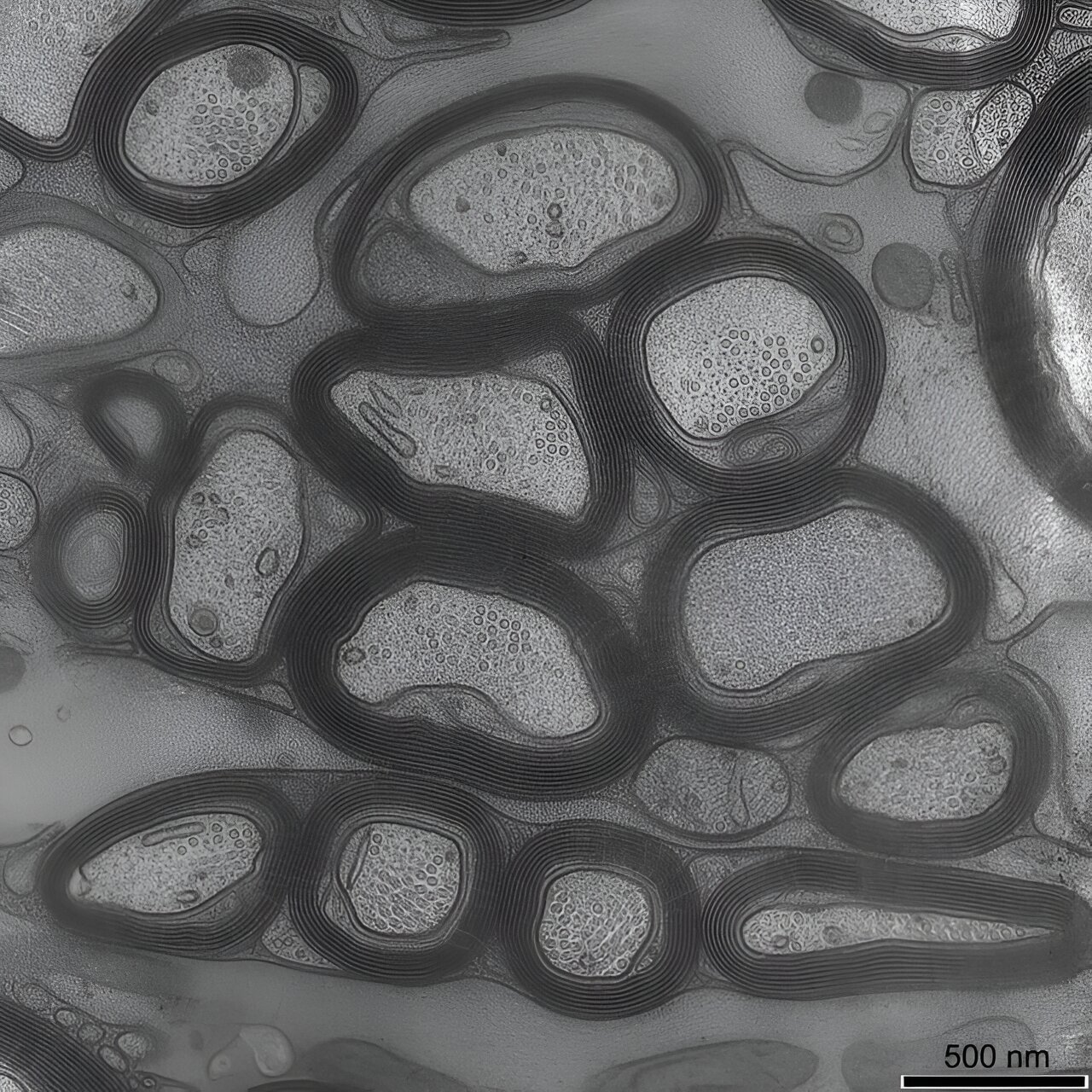
Scientists from the Karolinska Institutet in Sweden and Imperial College London have shown for the first time which aspects of our immune systems are regulated by sex hormones, and the impacts this has on disease risk and health outcomes in males and females.
It is well established that diseases can affect men and women differently, due to subtle differences in our immune systems. For example, the immune condition systemic lupus erythematosus (SLE) is nine-times more likely to affect women, or with COVID-19, males are known to have a greater risk of acute first-time infections, while females have a greater risk of long-COVID.
But it has proved difficult to unpick the direct influence of our genetics, hormones and behavior on our immune systems; which elements are affected; and how this influences subsequent disease risk.
Now, in a clinical study involving 23 transgender men who are receiving hormone therapy, researchers have been able to untangle which elements of the immune system are dynamically regulated by sex hormones, from elements assigned by our genetics.
The findings reveal how increased testosterone and reduced estrogen levels alter the balance between two crucial immune signaling systems that have direct implications for how the immune system responds to infection and disease: antiviral interferon type 1 (IFN-1) and proinflammatory signals such as tumor necrosis factor alpha (TNF-α).
According to the researchers, the findings—published in the journal Nature—help to explain, for the first time, the mechanisms that underpin differences in the risk of infections, autoimmune diseases, and cancers among males and females, but could also open up potential avenues for new, more targeted treatments.
They add that the work also highlights the importance of ensuring long-term clinical follow-ups for trans individuals undergoing hormone therapy, and the long-term impacts that treatment may have on their immune system and disease risk.
Professor Petter Brodin, Garfield Weston Chair and Professor of Pediatric immunology at Imperial College London, who led the work while based at the Karolinska Institutet, said, “These findings have implications for us all. For the first time, we have been able to identify which parts of a person’s immune system are directly regulated by sex hormones rather than genetic sex differences.
“This could have a significant impact not only on our understanding of how different diseases affect males and females differently, but also to develop new treatments which could help in everything from immune diseases to cancer.”
Testosterone treatment
In the latest study, clinical researchers at the Karolinska Institutet recruited 23 transgender men, who had been registered ‘female’ at birth and were undergoing testosterone treatment. The team collected blood samples from patients before treatment, and then, following three months and one year of testosterone treatment, analyzing differences in the immune cells and proteins in the blood.
Analysis revealed several key elements of the immune system that changed following treatment, including pathways for inflammatory responses to infections and disease. Among these were TNF-α and IFN-1, which play critical roles in inflammation, recognizing microbial invaders, and modulating immune responses to damage, disease and threats.
To test whether the observed changes were directly due to the increase in testosterone or indirectly from reduced estrogen, the team analyzed blood from 11 female donors. Samples were treated with receptor blockers to show that the effect was directly due to testosterone signaling, rather than loss of estradiol-signaling.
According to the researchers, the findings are important for understanding direct immunological consequences of hormone therapy in trans people. They add that changes to immune regulatory elements seen with hormone therapy may also explain why men and women respond differently to infections, and why males are more likely to experience ‘cytokine storms’ and increased mortality risk over females with COVID-19 and other severe infections.
Understanding sex differences
Professor Brodin is now continuing the work at the Medical Research Council Laboratory for Medical Science (MRC LMS), hosted at Imperial’s Hammersmith Campus. Further studies will see blood samples analyzed to find which elements and pathways of the immune system could be targeted for therapies.
Professor Brodin added, “We’re extremely grateful to the people who contributed to this study. Trans individuals are a hugely under-represented and under-served group in medicine. In addition to the invaluable immunological insights we’ve uncovered here, the involvement of this small group of people will enable us to gain deeper insights which may help the long-term health of trans people around the world.”
More information:
Petter Brodin, Immune system adaptation during gender-affirming testosterone treatment, Nature (2024). DOI: 10.1038/s41586-024-07789-z. www.nature.com/articles/s41586-024-07789-z
Citation:
Sex hormones modulate the immune system to influence disease risk differently, research reveals (2024, September 4)
retrieved 13 September 2024
from https://medicalxpress.com/news/2024-09-sex-hormones-modulate-immune-disease.html
This document is subject to copyright. Apart from any fair dealing for the purpose of private study or research, no
part may be reproduced without the written permission. The content is provided for information purposes only.



